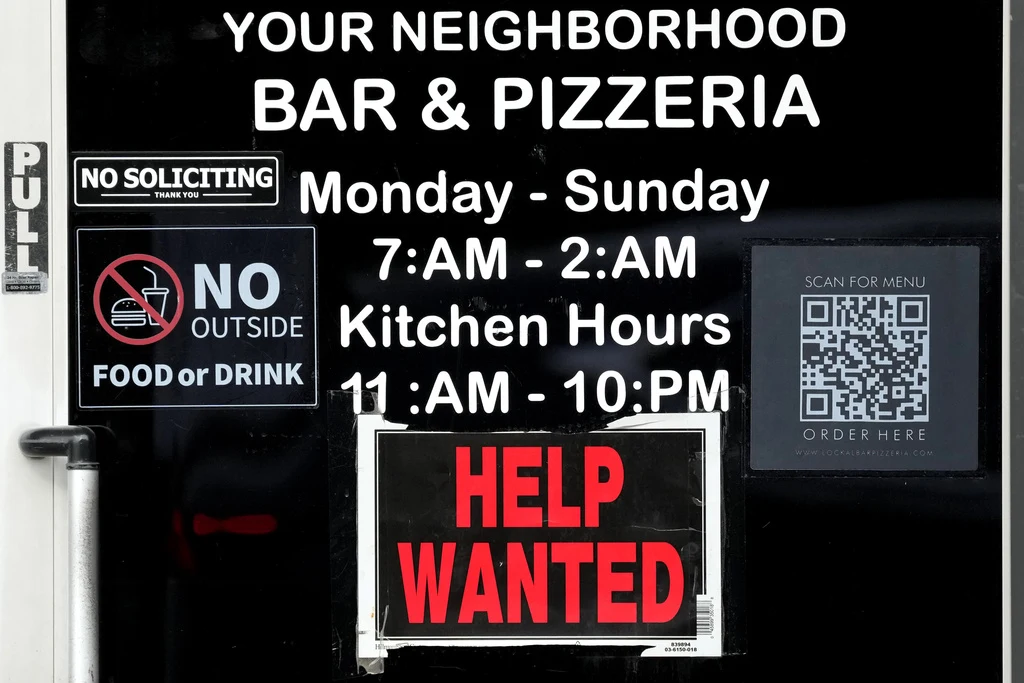Workers can often resent their bosses regarding being contacted by them after working hours, with it being viewed as a crossing of personal boundaries.
However, this could soon be prevented in a legal sense in the famous American state of California. San Diego-born politician and California State Assembly member Matt Haney is attempting to bring forward the recently introduced “Assembly Bill 2751,” which is currently being pondered over in the state legislature.
The proposed California bill, announced in February, is currently calling for a requirement from work bosses to ensure that employees do not have to be in touch with them outside of their contracted working hours. These nonworking hours must be agreed upon through a written agreement between the employer and employees.
There can be some exceptions for when an employee needs a response, such as in an emergency or for scheduling matters. Unless this is the case, workers in California will have every right to turn down their bosses and only get back to them the next working day, provided the bill is approved.
Work bosses would be put off making calls outside of working hours if this current version of Haney’s bill was implemented in California because they could be hit with a penalty of at least $100.
California’s bringing the proposed bill into full effect would make it the first U.S. state to implement measures to protect workers’ rights during noncontracted hours.
The issue of employees having contact during work hours became more prominent during the COVID-19 pandemic as remote work settings allowed employers to send out calls and messages at any time during the day. This led to employees feeling that their personal hours were being taken advantage of and meant they struggled to detach themselves from their work life as their company could reach out to them whenever.
A survey from the Pew Research Center last year revealed that over 50 per cent of employees in the U.S. sometimes respond to messages or work-related emails outside of their contracted working hours. Nearly 30 per cent claimed they regularly get back to their bosses during nonworking hours.
This growing issue has been addressed globally and has involved various countries bringing in laws to prevent employees from having their time invaded. France put a law in place before the pandemic to avoid employees being stressed or burnt out, as the nation’s ‘right to disconnect’ rule came into force in 2017.
Kenya recently became another nation that has implemented similar guidelines for protecting workers. Other countries with legal measures to prevent employees from being contacted by their bosses at any time include Australia, Kazakhstan, Greece, Colombia, and Peru.
Some countries, such as Spain, Ukraine, Argentina, and Chile, have laws that primarily protect remote employees.
Haney has reiterated the need for his proposed bill to be passed as it will benefit his state in keeping the best employees. He told FOX 5: “We are in constant competition with other states like Texas and New York who are trying to woo California workers to their states.”
The politician added: “(Providing) our workers the right to disconnect will be a major benefit to our workforce and makes the California tech sector better able to compete for skilled workers.”







